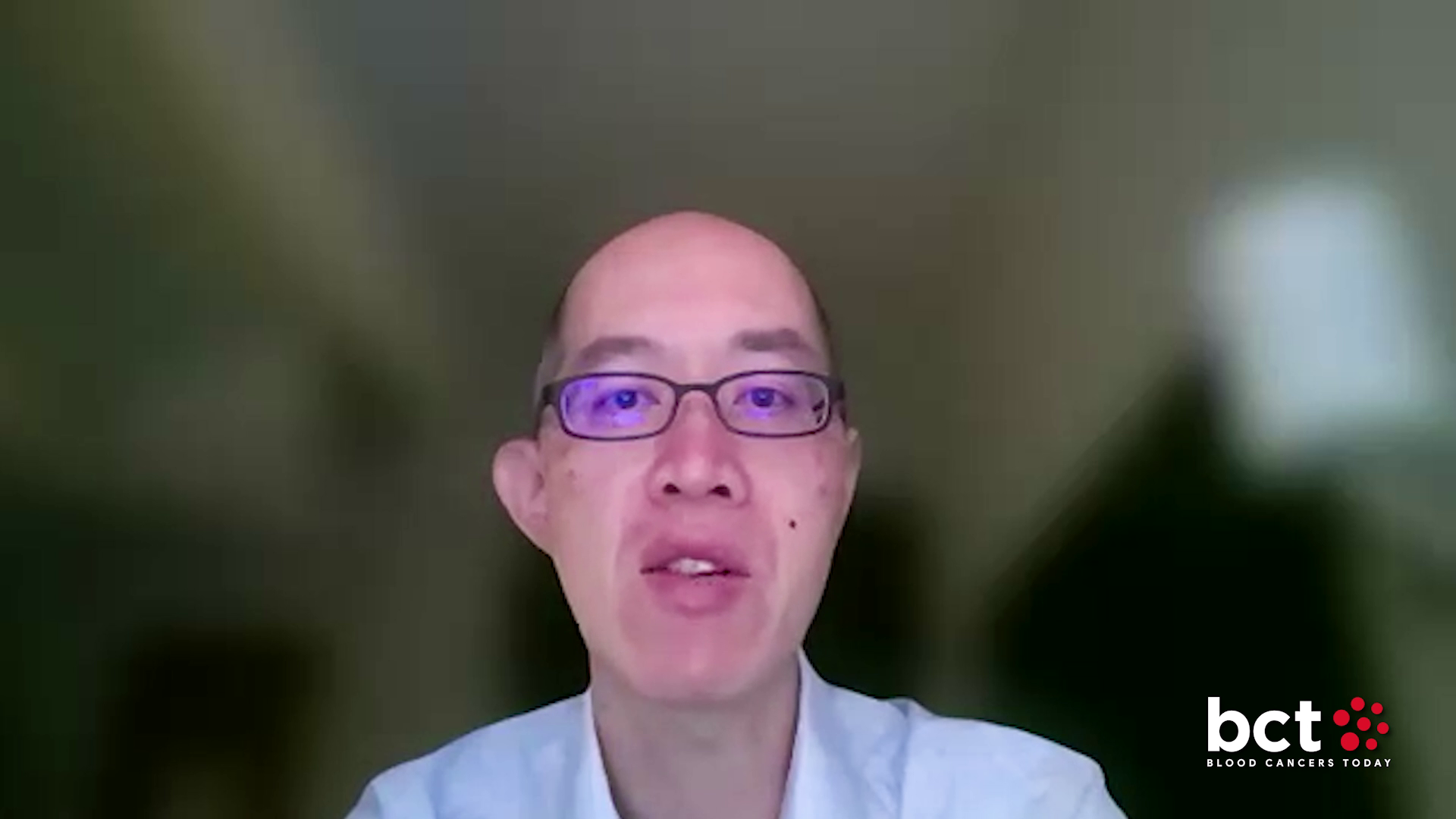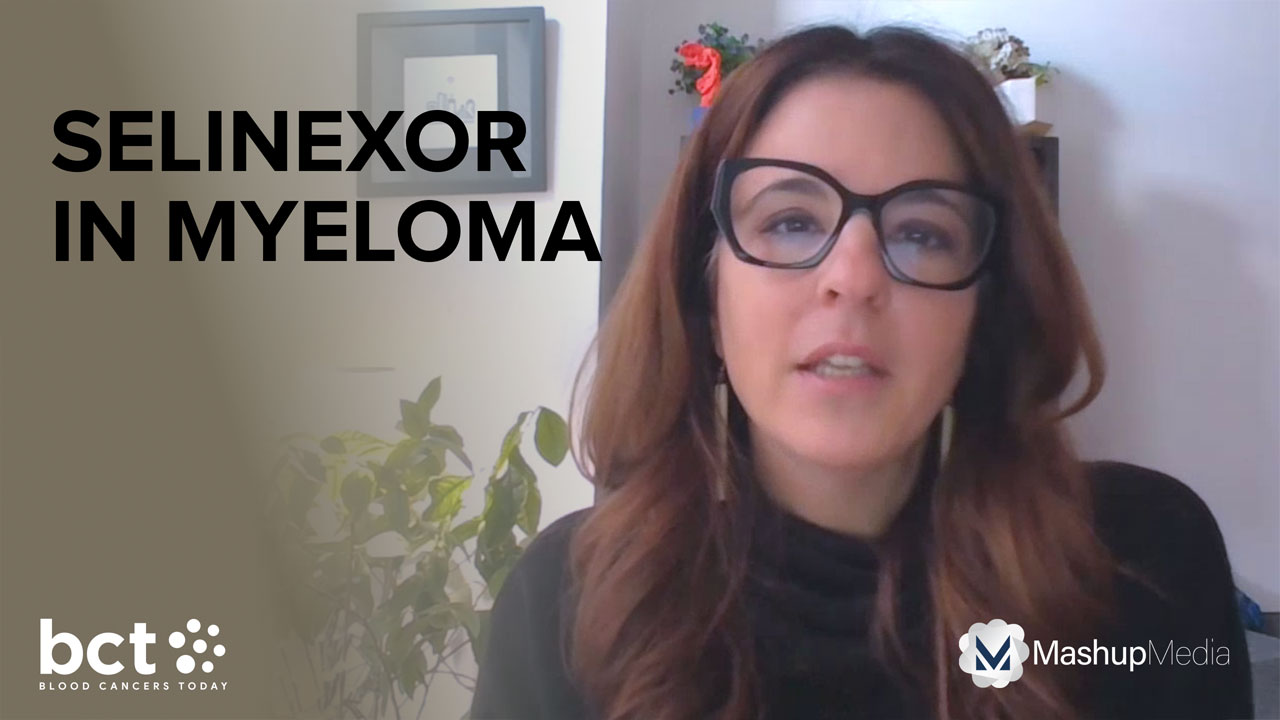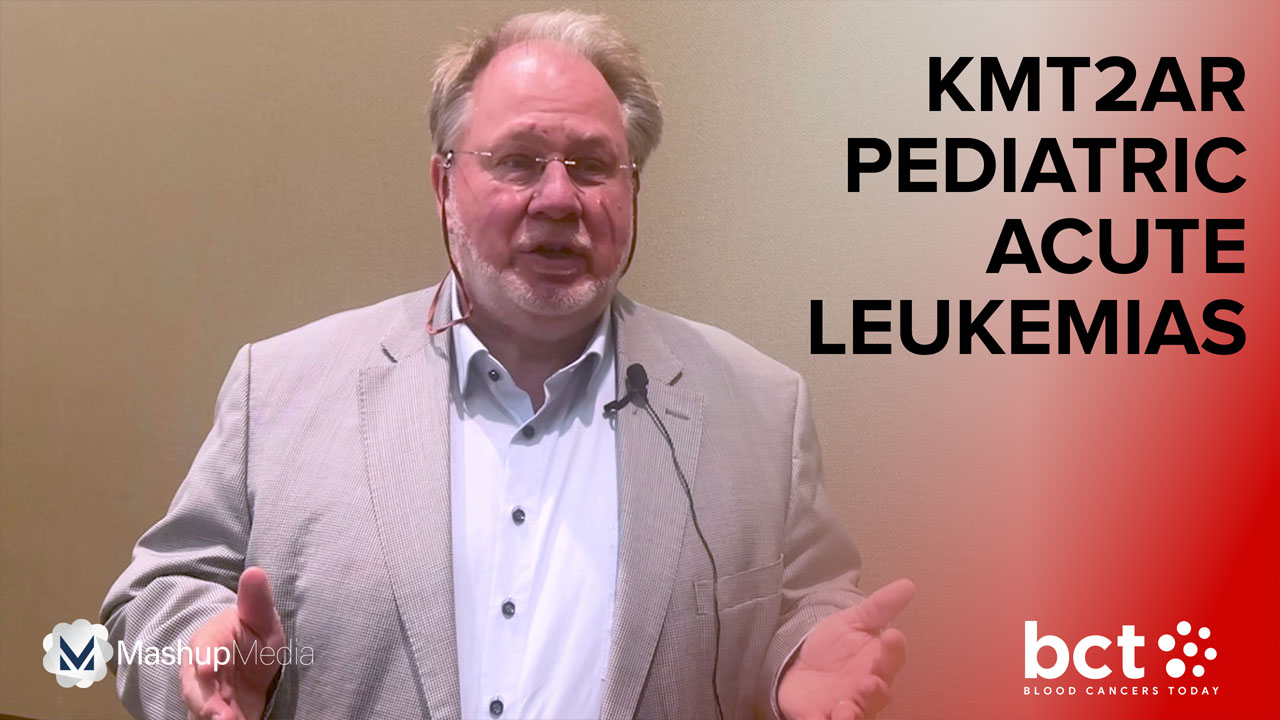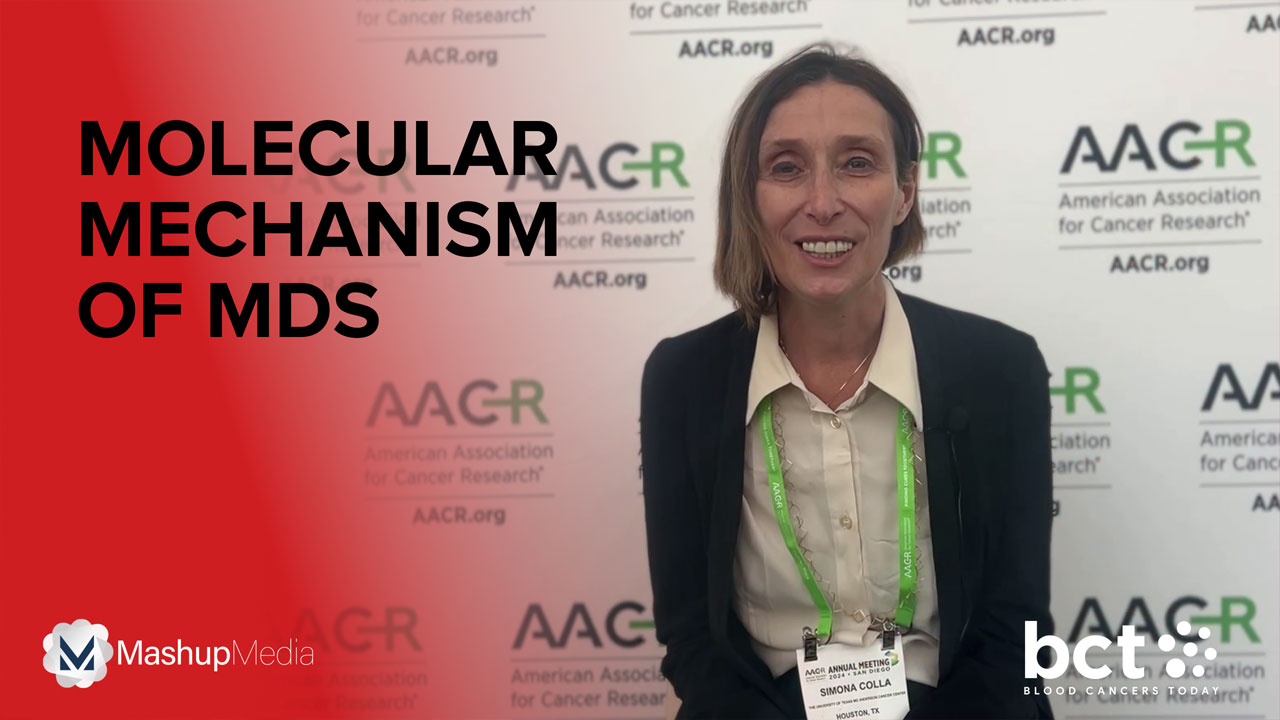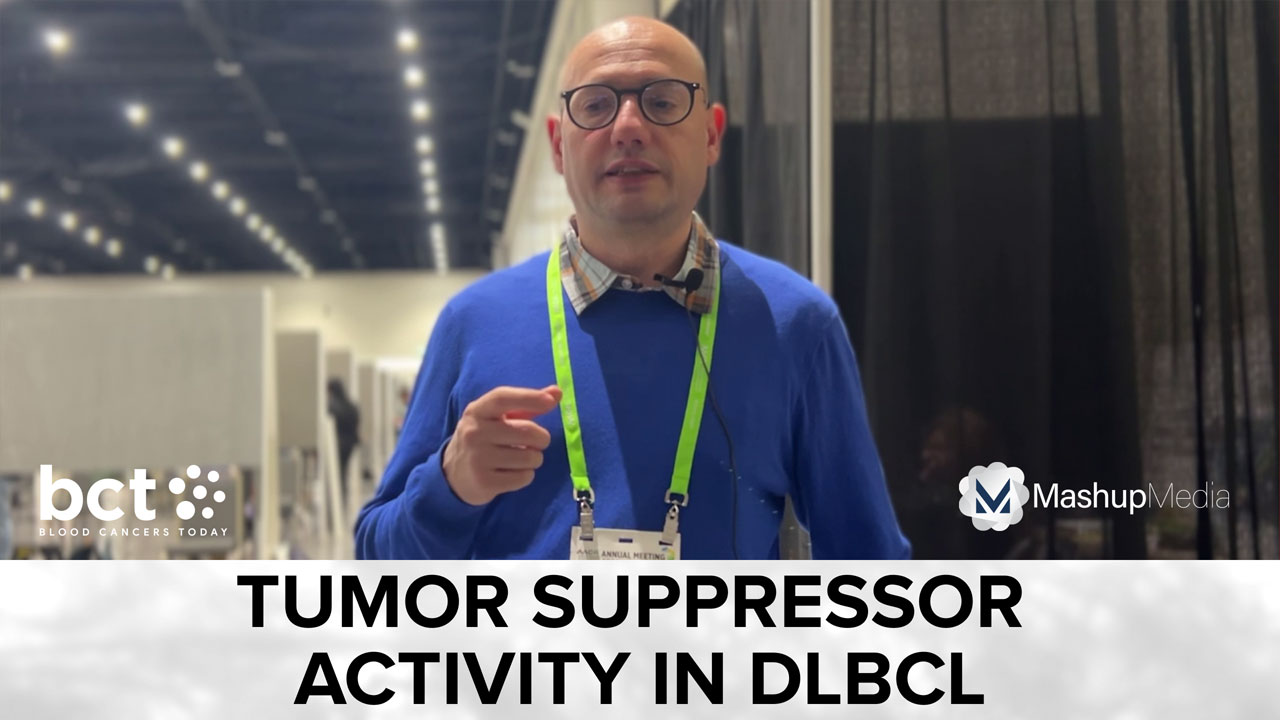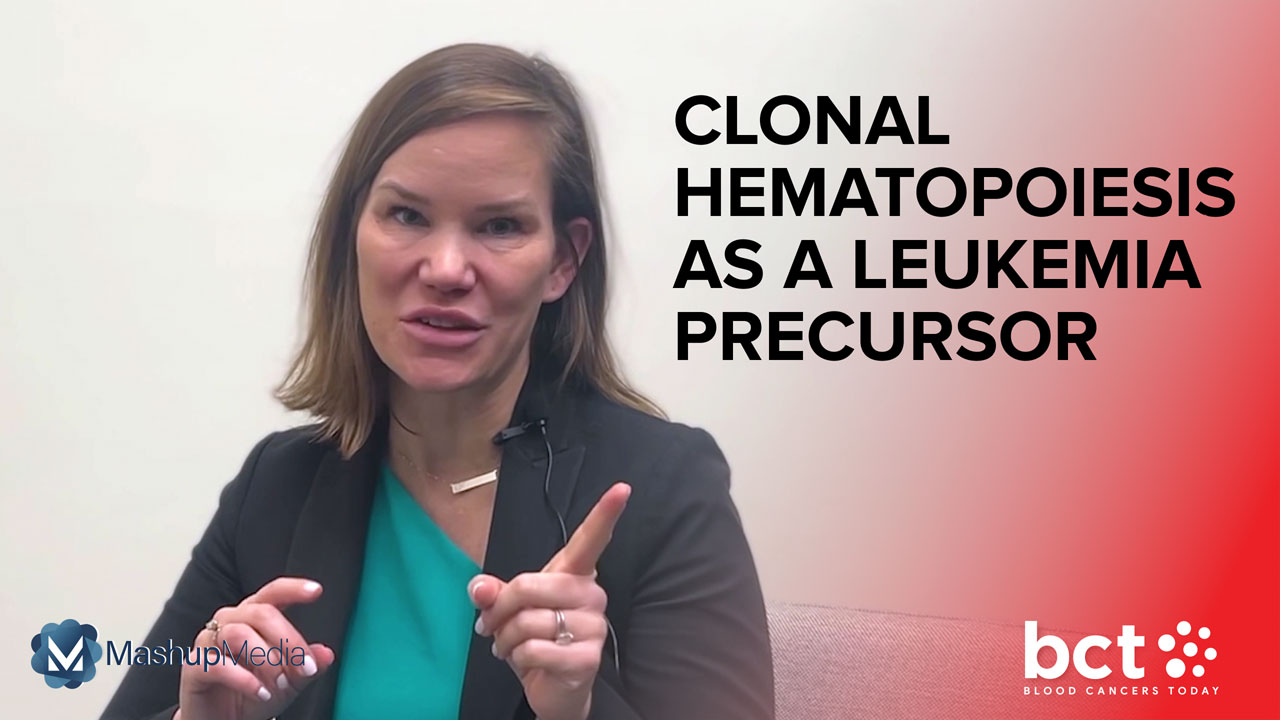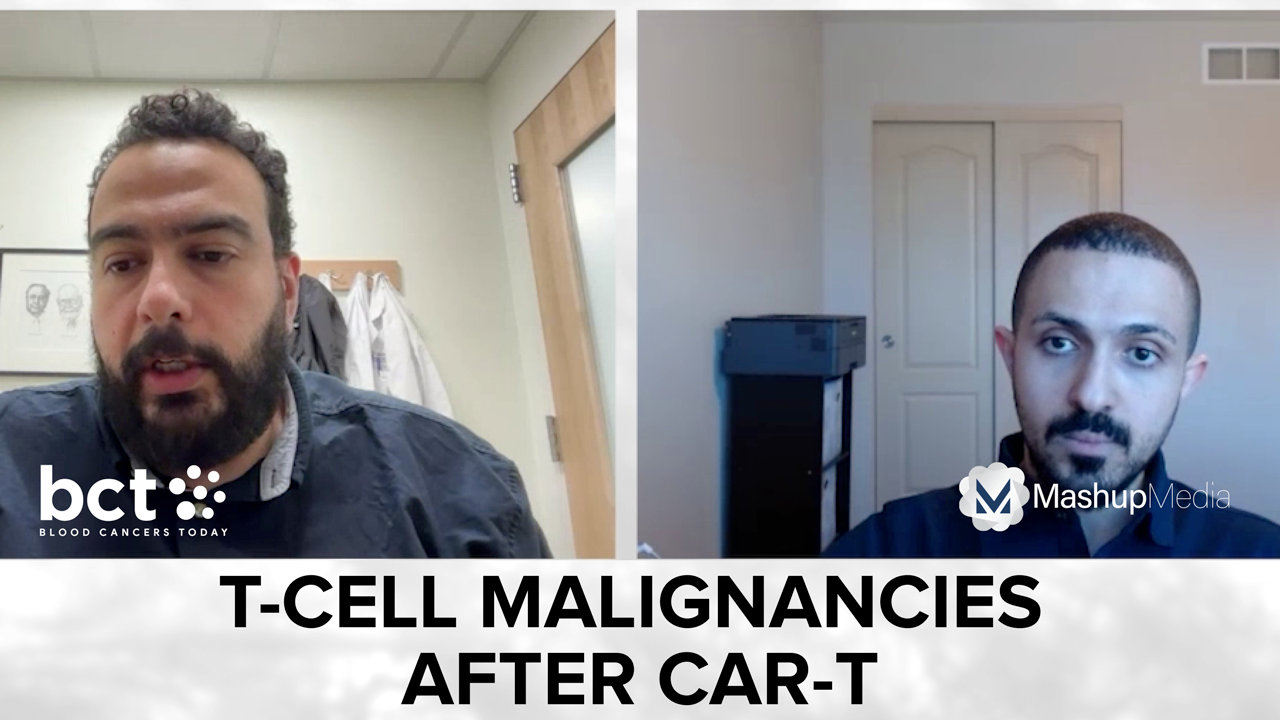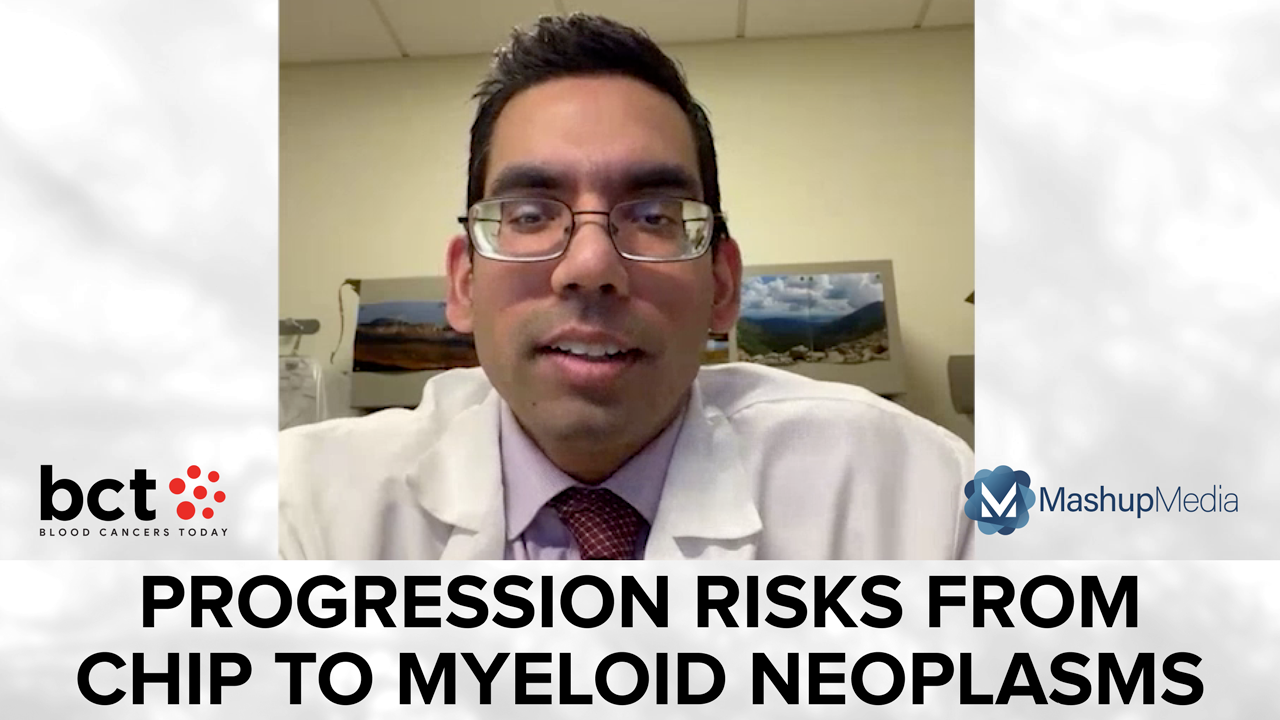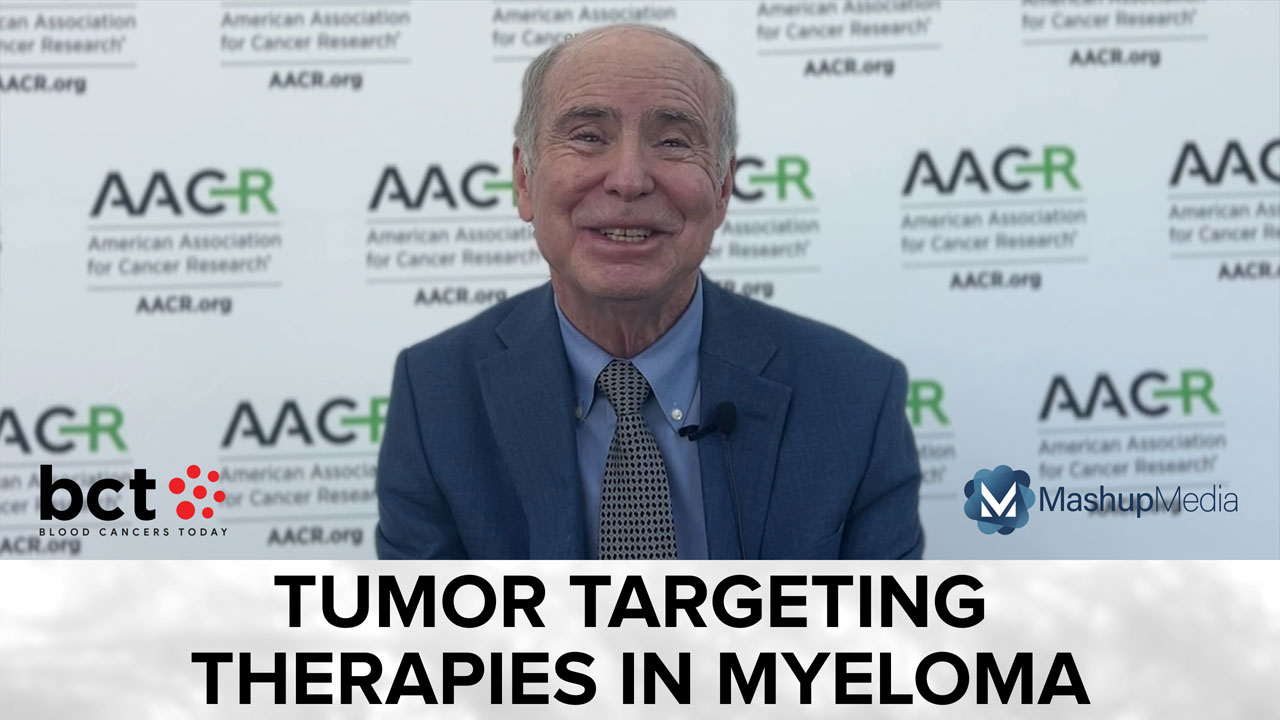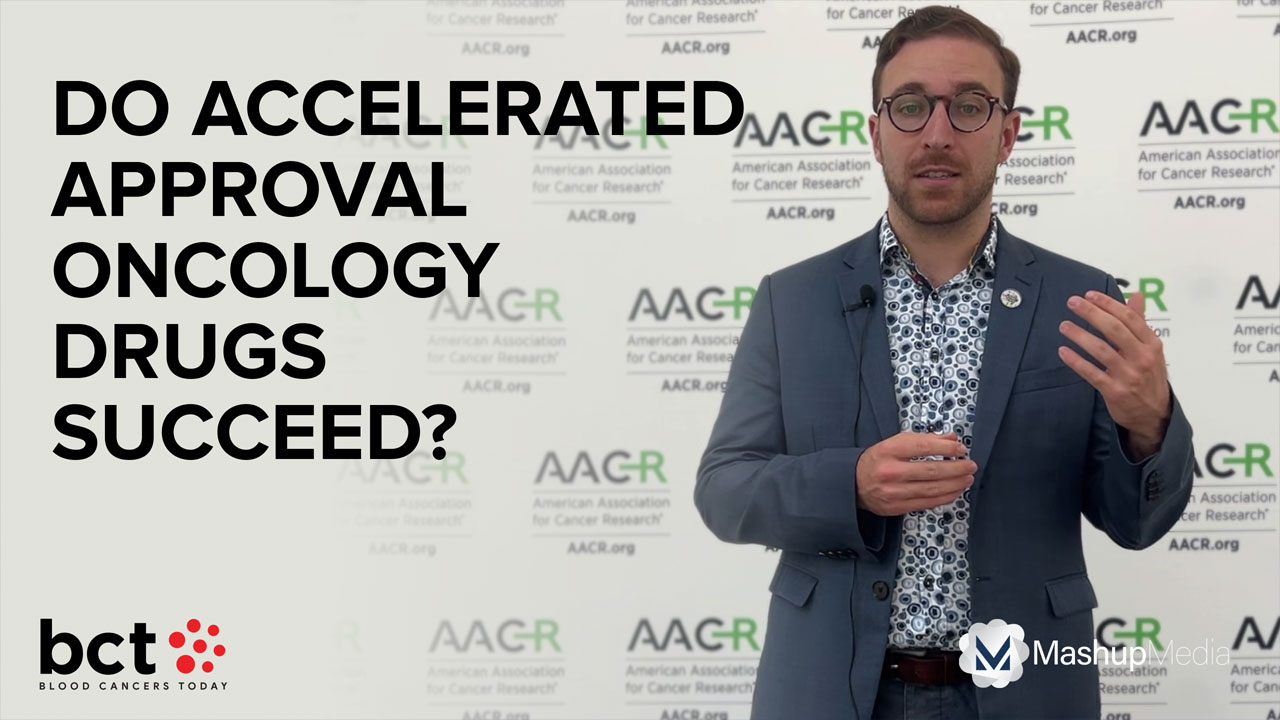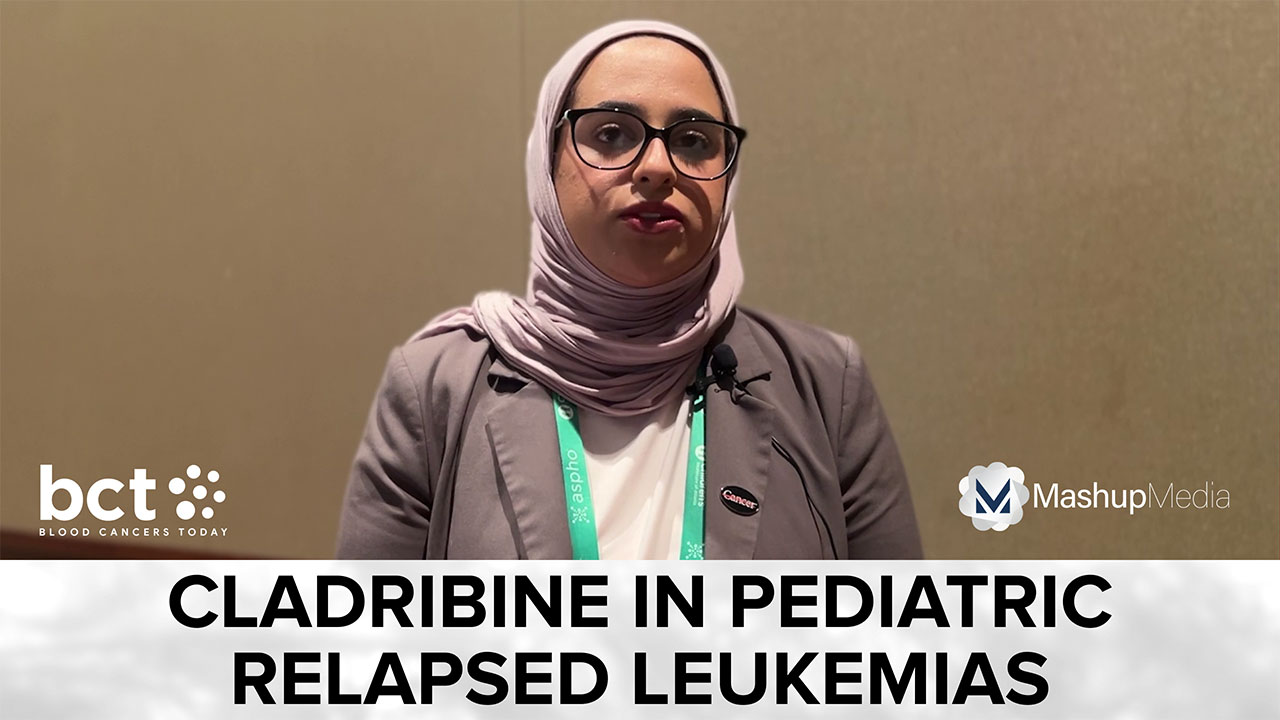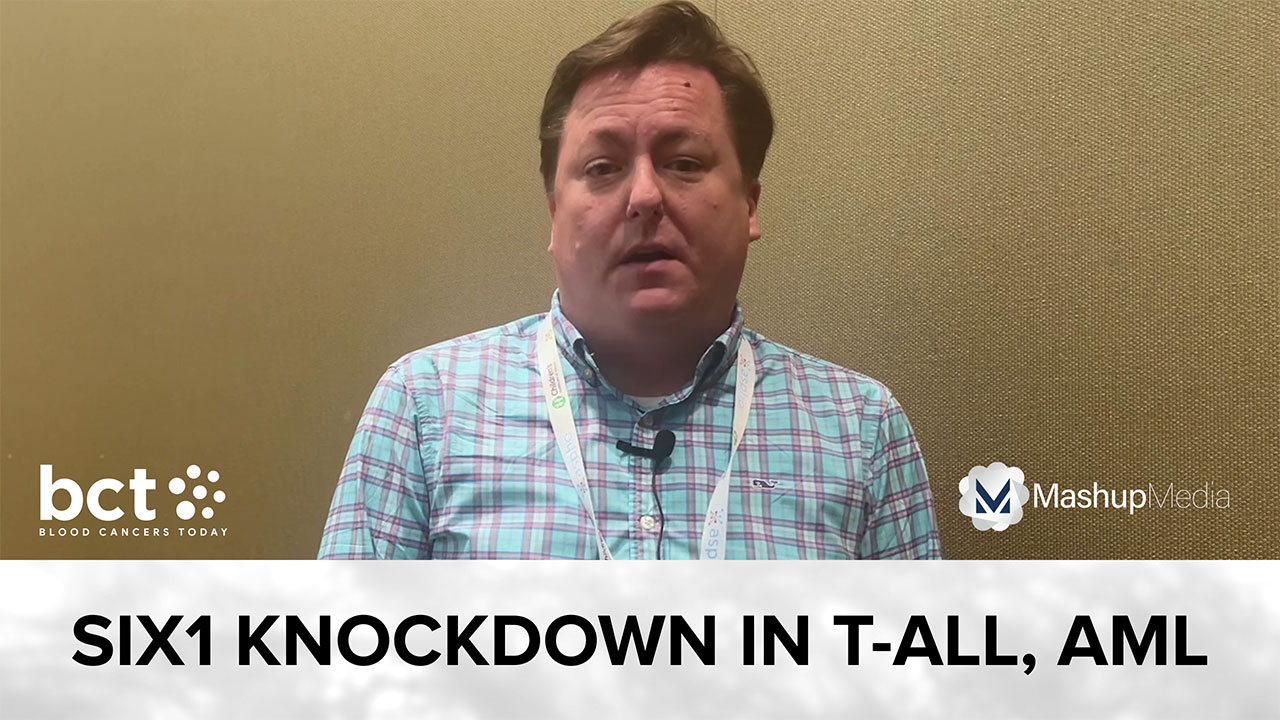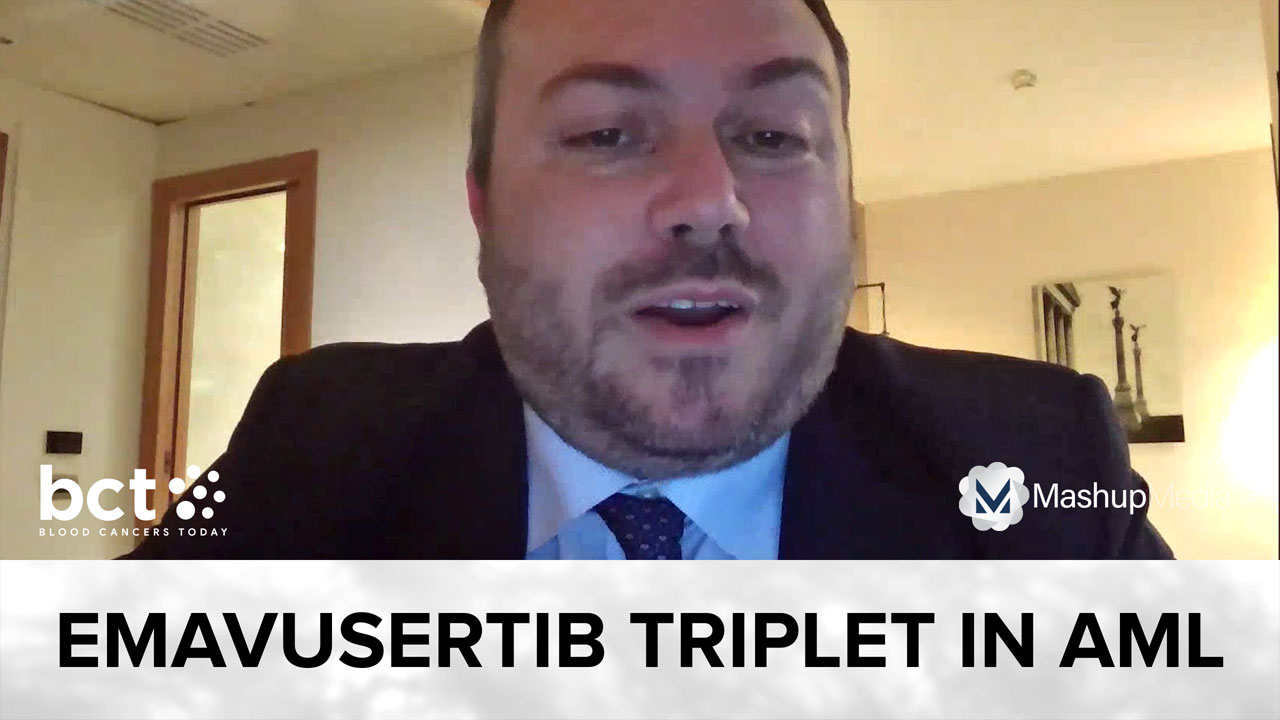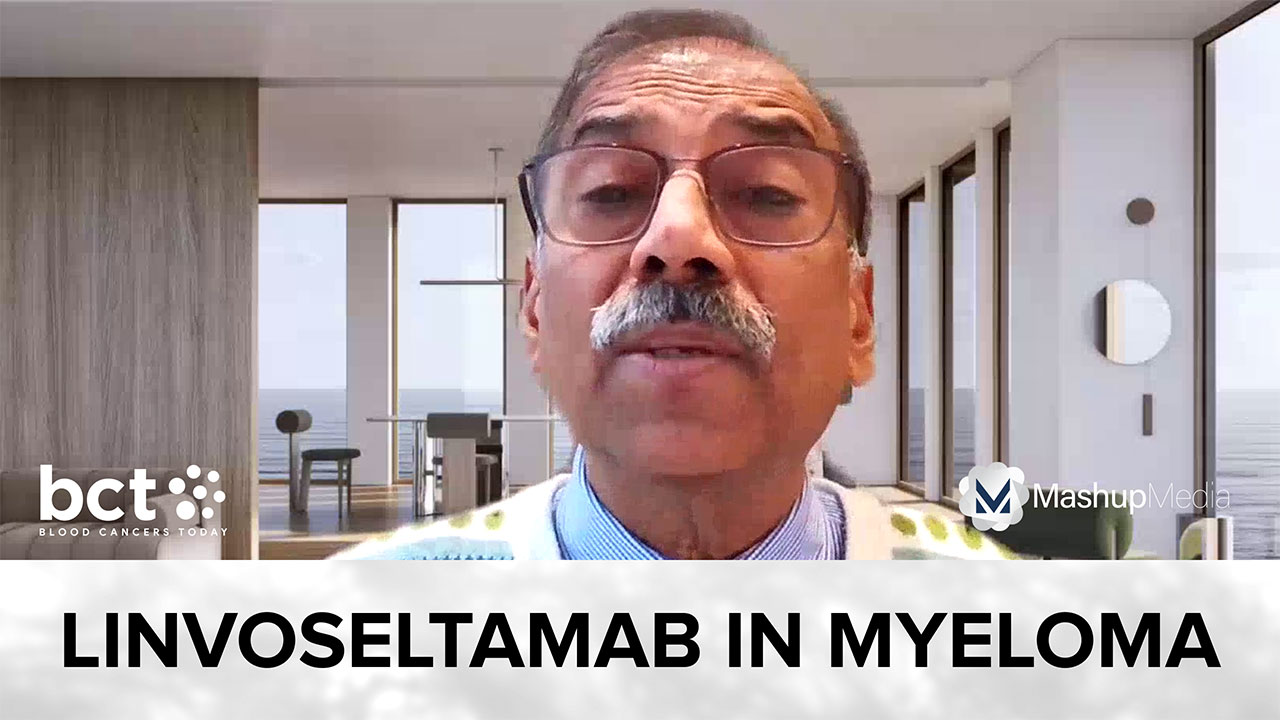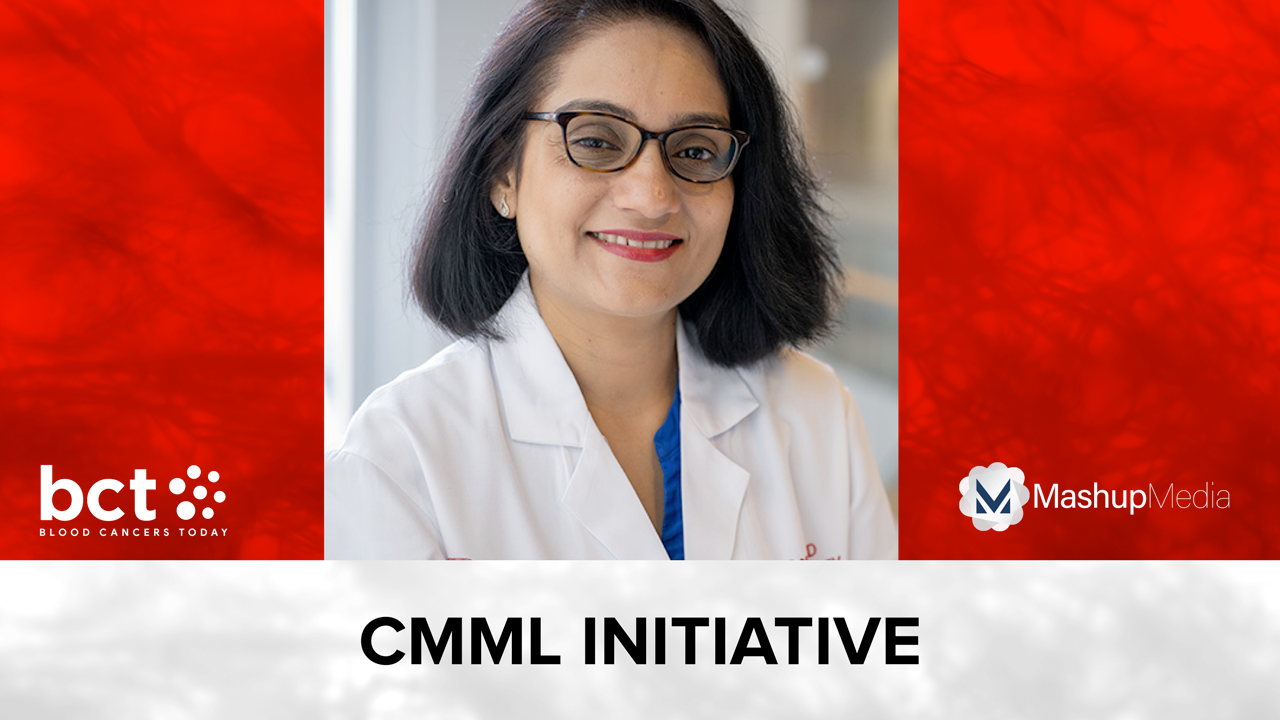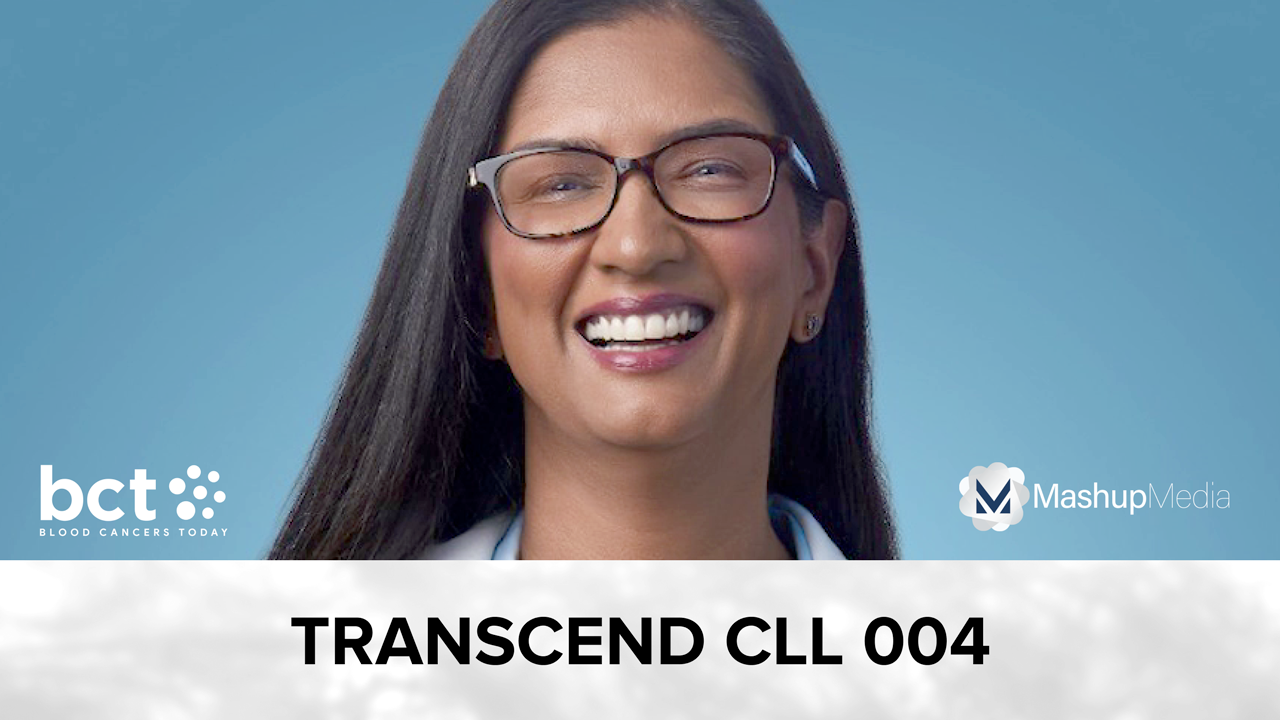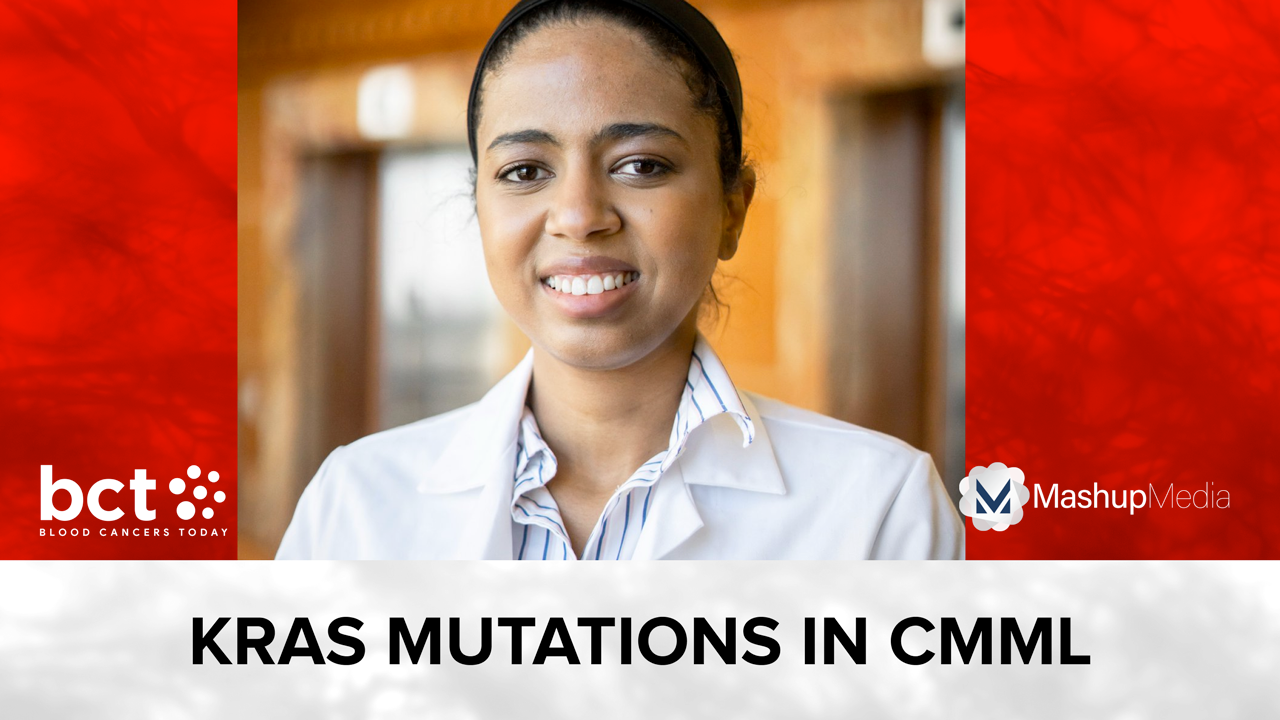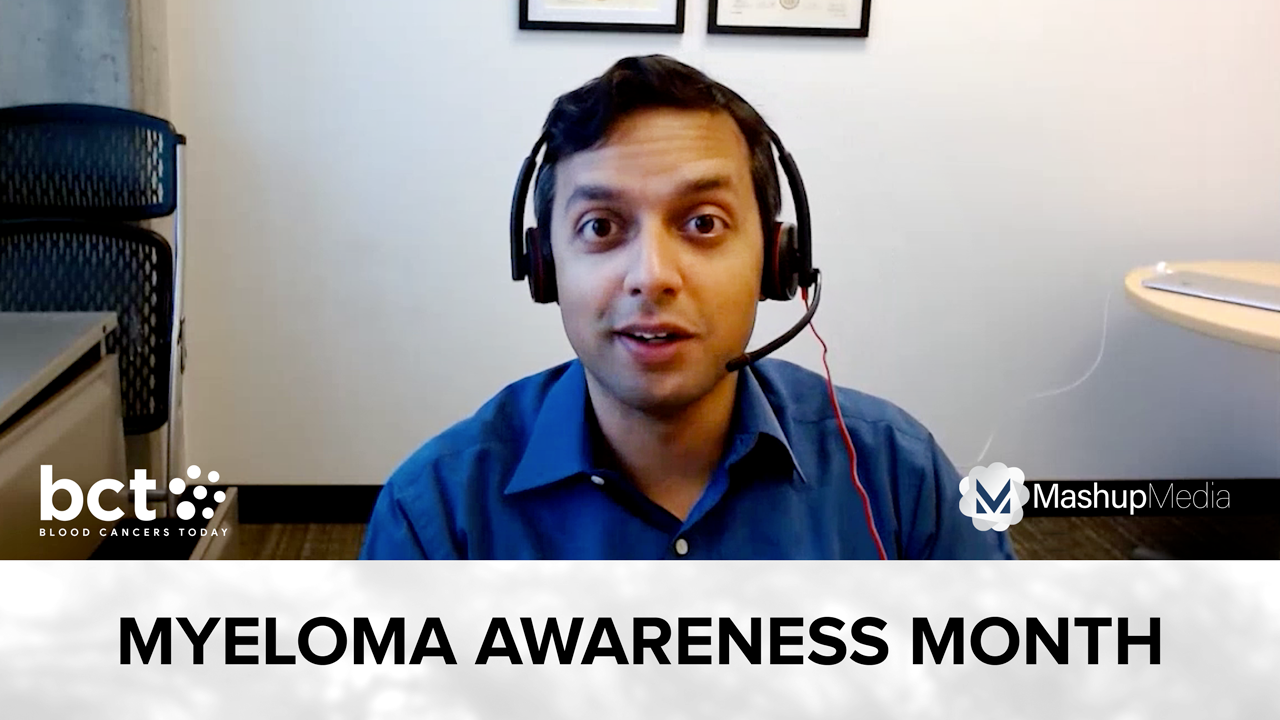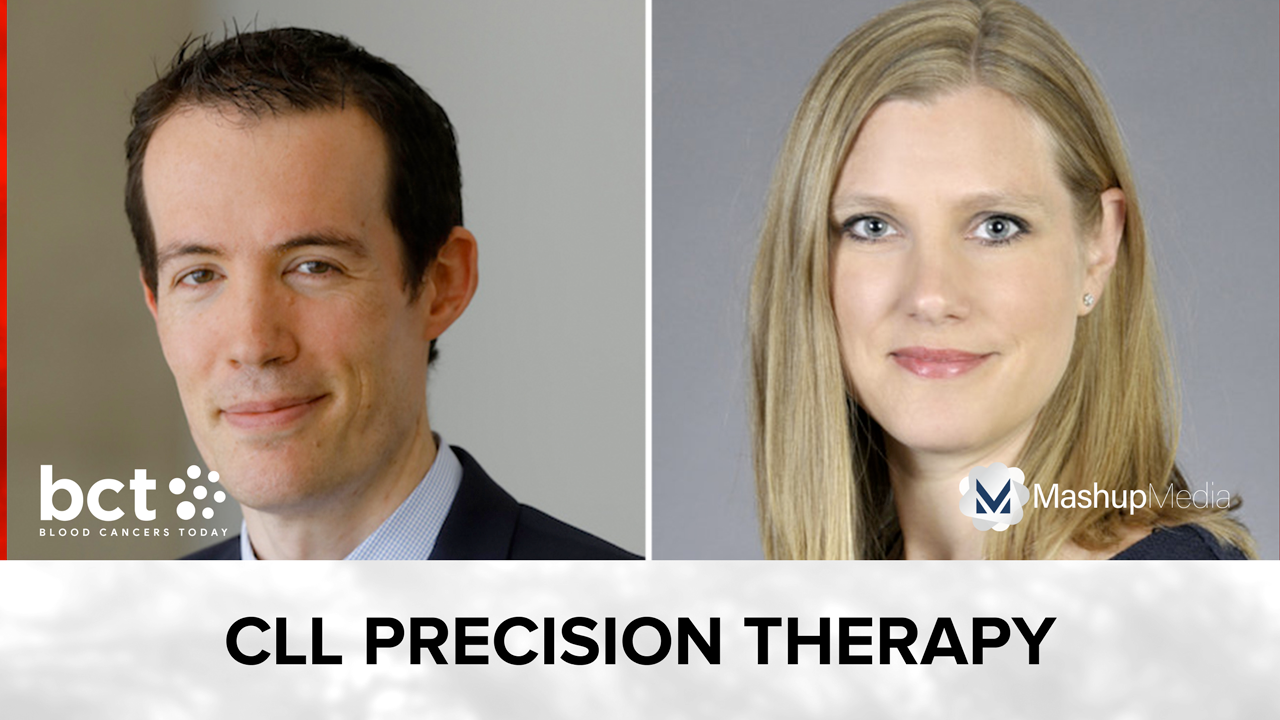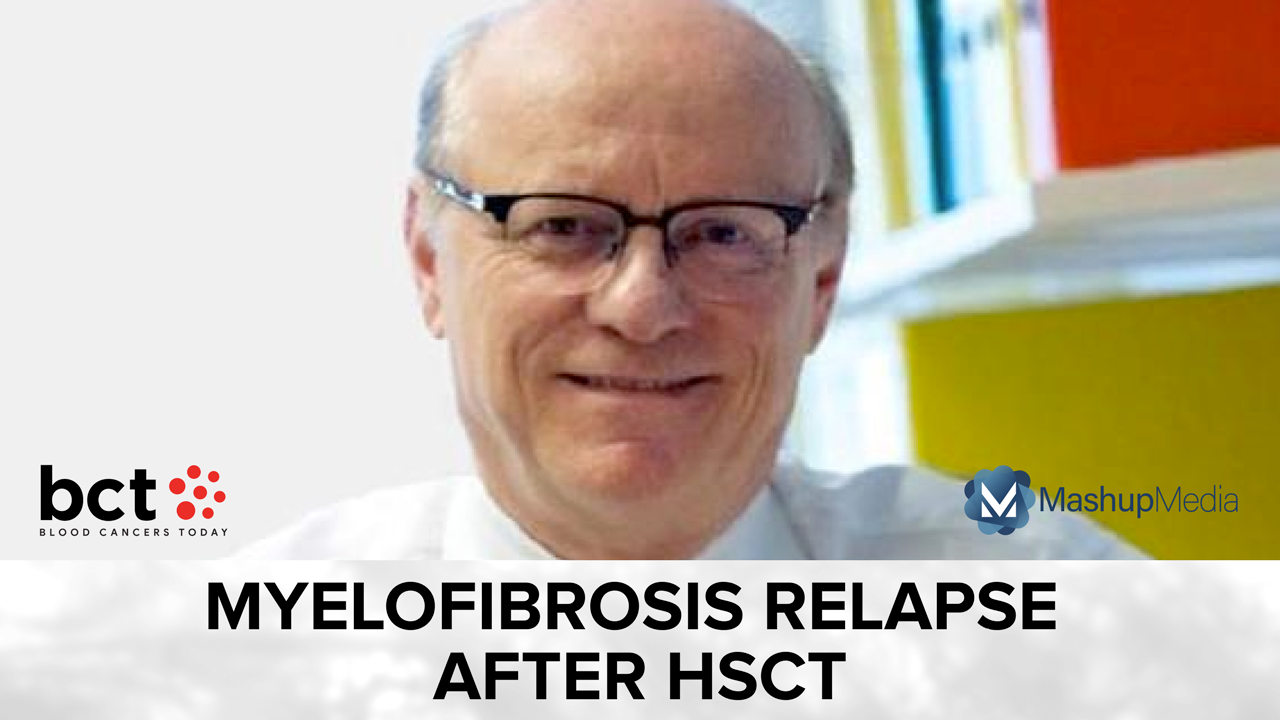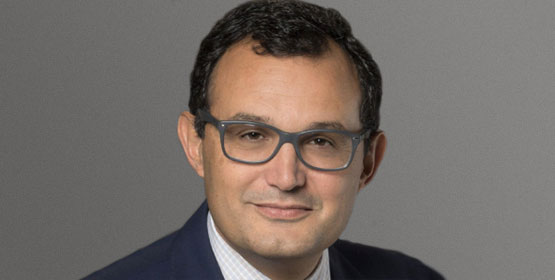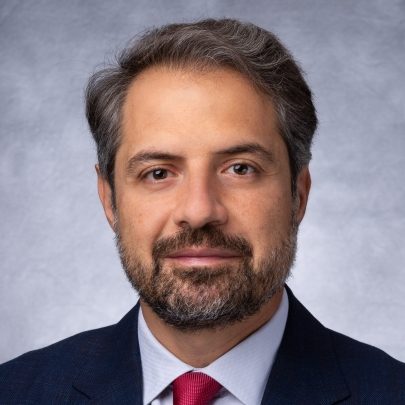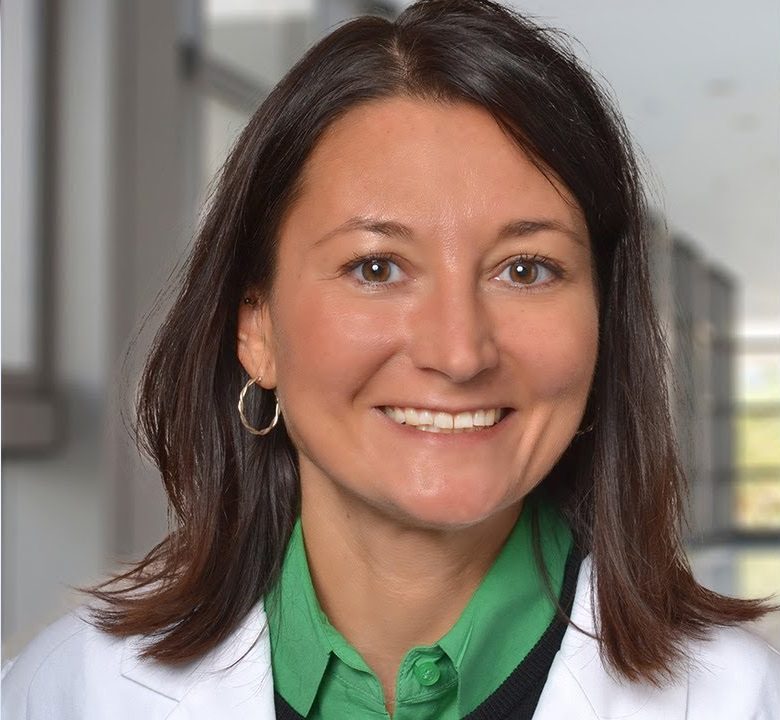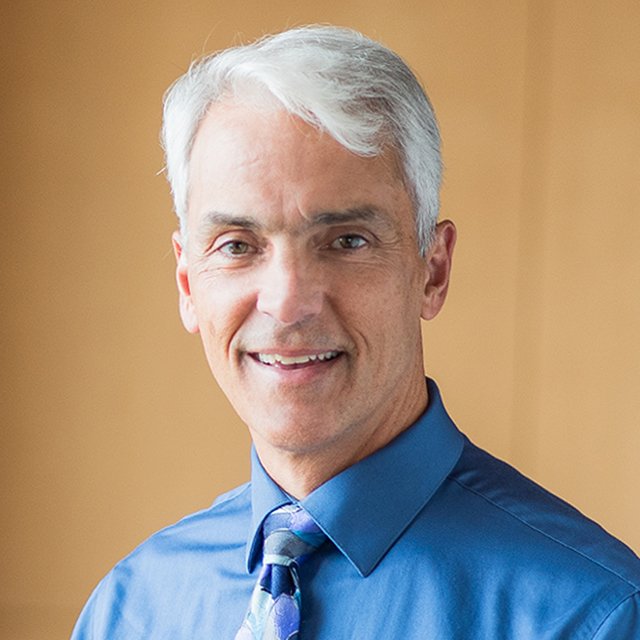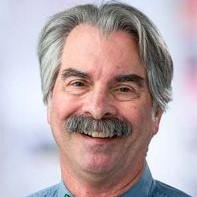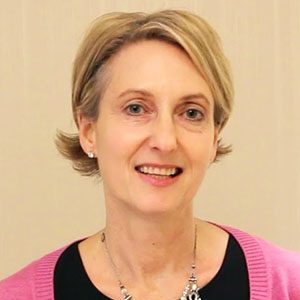Video Insights
Advertisement
The ELM-2 trial studied odronextamab in patients with relapsed or refractory follicular lymphoma.
Donna Catamero, ANP-BC, OCN, CCRC, discusses selinexor for myeloma, the BOSTON trial, and other recent advances in myeloma.
A phase II study presented at ASPHO 2024 evaluated revumenib in KMT2A-rearranged ALL and AML.
Dr. Colla describes her current research at MD Anderson, such as developing new therapeutic approaches to MDS.
Dr. Bertoni and colleagues characterized two small nucleolar RNAs that exert tumor suppressor activity in DLBCL cells.
Catherine Coombs, MD, outlined some of her research into the solid tumor microenvironment, particularly in prostate cancer.
Advertisement
In approximately 12,000 reports of adverse events, the researchers found 19 cases of T-cell malignancies after CAR-T.
The average rate of progression for CHIP to MDS or AML is about 1% per year, Dr. Patel explained.
The “real revolution” in myeloma is in the immune therapies, Dr. Anderson said, such as bispecific T-cell engagers and ...
Dr Cliff describes an analysis of oncology drugs that were approved via the FDA Accelerated Approval Program over 10 years.
Around 45% of patients had a complete response after cladribine, and 31% proceeded to transplant.
The researchers found that CALM-AF10 leukemia cells grow slower after the SIX1 knockdown.
Claudio Cerchione, MD, PhD, describes his presentation from AACR 2024 on a emavusertib triplet in patients with AML.
The overall response rate was 71%, and the most common side effects were CRS, neutropenia, and anemia.
The Leukemia and Lymphoma Society's CMML Initiative hopes for dedicated CMML trials and CMML-directed therapies.
Dr. Siddiqi shares data from the phase I/II TRANSCEND CLL 004 trial on liso-cel in patients with relapsed or refractory CLL.
The case study included four patients with CMML who had KRAS mutations and a multitude of autoimmune diseases.
For Dr. Banerjee, this month is a call to action to mitigate global disparities in myeloma treatment.
The researchers developed CAR T-cells that target and eliminate mutated CLL cells while sparing healthy B-cells.
Nicolaus Kröger, MD, discusses a study on GVHD and its impact on relapse in patients with myelofibrosis undergoing HSCT.
